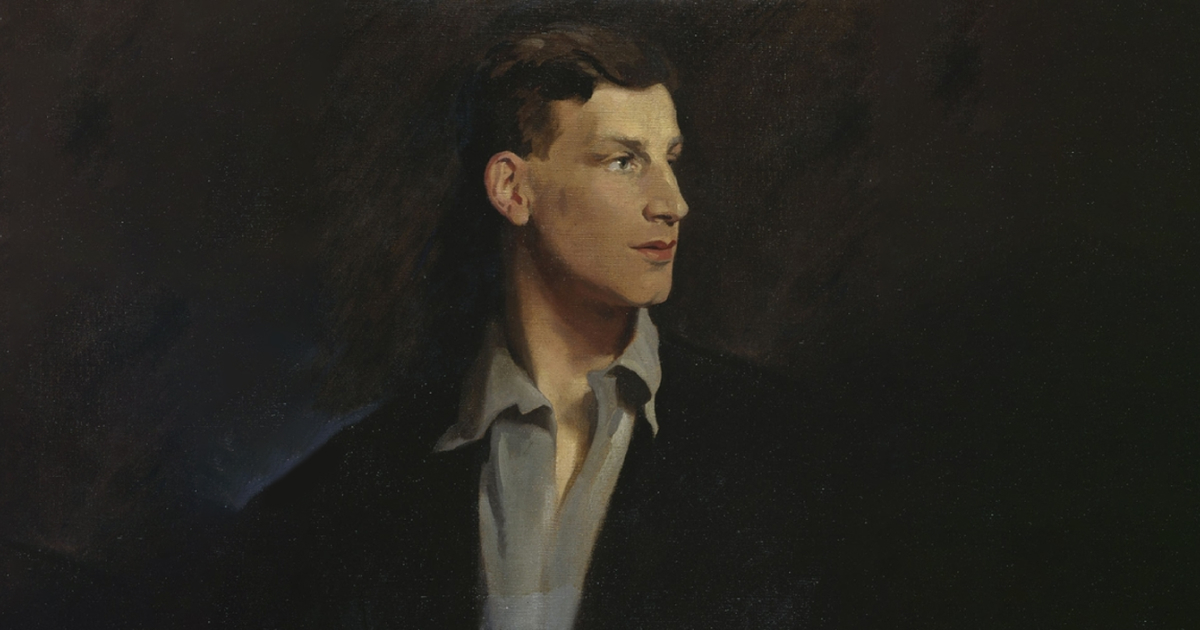Instead of sitting in flapping tents in muddy fields, English country houses have become the preferred stage set for many new history and literary festivals, ranging from the Cliveden Literary Festival in Buckinghamshire to Stokesay Court in Shropshire.
But no festival has the Catholic pedigree and history to rival that of the Nevill Holt Festival whose 2024 season opened on 1 June with an acclaimed production of the Magic Flute performed within owner David Ross’s custom built opera theatre which seats 400 within the hall’s old stable courtyard. David is a former co-owner of Carphone Warehouse, art collector, educational philanthropist and chairman of the National Portrait Gallery.
For Catholic recusant historians, Nevill Holt Hall is a case study example of how English Catholic families survived in the years of persecution. A 2016 paper published by the Cambridge University Press by academic Bernard Elliot makes clear that during the Reformation, English Catholics faced three options to survive. They could "continue to be Catholics and so suffer the penalties of the penal laws"; they could supplicate to the new Church of England, headed by the sovereign; or they could "adopt a middle course and become Church Papists".
The Nevills of Nevill Holt were a practical lot and managed to successfully navigate their way through all three of these scenarios. In the reign of Edward VI, Thomas Nevill I became a Protestant. His grandson, Thomas Nevill II, became a Church Papist under James I; and Thomas II’s son, Henry Nevill I, continued to be a Papist during the Civil War. Indeed Henry l’s son William was not only a Catholic but "went into exile" with King James II; while William’s son, Henry Nevill II, was an "open Catholic" under Charles II. As the paper concludes: "Henry Nevill II’s descendants continued to be Catholics throughout the eighteenth and nineteenth centuries until they left Nevill Holt in the late nineteenth century."
Today, Neville Holt's Catholic history is just a backdrop to the buzzing arts, music and culture festival – whose programme, curated by James Dacre, lasts until 26 June – and that boasts one of the most state-of-the art private theatres in the UK. Built by the architectural firm of Witherford Watson Mann, and opened in 2018, it’s now regarded as the "Glyndebourne of the Midlands", a reference to the famous opera house in East Sussex.
"We are welcoming 150 artists and musicians, engaging more than 2,000 young people in creative projects mentoring 40 emerging musicians...and this year we are widening the festival’s reach across many platforms," says Dacre.
A glitzy crowd, including Richard E Grant, Elizabeth Hurley and former Times editor Sir Peter Stothard attended the sell-out opening night, along with a legion of Leicestershire and Northants locals in dinner jackets, some wheeling trolley carts for picnics in the chic dining pavilions dotted around the grounds and gardens.
Nevill Holt is unique in being as much about the future as its 700 year past. Some 15 members of the opera company cast were making their professional debut, making the festival a leading platform for launching the next generation of world-class opera talent. A highlight of the evening was a pre-show 30-minute talk on the production in the church of St Mary (adjoining the Hall) by director Melly Still. It dates back to the 13th century and has seen its own share of political and religious culture wars.
In the talk, Still reflected on why the Magic Flute remains probably Mozart’s most popular opera – written in German and first performed on 30 September 1791 at Schikaneder's theatre in Vienna, only two months before his death.
"It's as if Mozart is grappling with the impossibility of sustaining moral clarity," says Still. "Through music he releases the characters from the scaffolding of the opera into a magical world of love and pleasure, pain and disappointment."
There has long been speculation that Mozart modelled the Queen of the Night (played by Nazan Fikret) on the Roman Catholic Empress Maria Theresa who ruled the Habsburg empire from 1740 until her death in 1780. She banned Freemasonry, a significant theme of the opera.
Asked whether she thought this Roman Catholic referencing was relevant to a production today, the director said that she was "aware of the Catholic associations" with the opera but her concerns were more about the "universal" themes of what it is to be human, with the cast wearing eclectic contemporary costumes.
One of the novel aspects of the production which worked well for an audience that were not all purist German opera buffs is that whilst the singing and music was all in the original German ("not a bar excluded"), the spoken dialogue was in English.
This resulted in a witty, bittersweet and melancholy production conducted with virtuoso skill by Finnegan Downie Dear, whose girlfriend Olivia Warburton played Pamina sublimely. Hats off also to Jonathan Eyers for a masterclass performance as the colourful bird catcher Papegeno. There are still a number of performances left until the run closes June 9, so rush to Northants to see the production as it will not – alas – be touring.
The festival itself continues with talks, music, theatre and events until June 26, with a line up that ranges from novelist and podcaster Elizabeth Day to post minimalist composer Max Richter’s recomposed Vivaldi – The Four Seasons. There is also exclusive photography by David Yarrow (better known for his award-winning wildlife and celebrity photography). On Friday 14, the Rev Richard Coles will be talking about his latest book, Murder in the Monastery.
There are also some good double-acts to look out for: On Sunday, 16 June, author and editor John Micklethwait - owner of a neighbouring estate to Nevill Holt - will be in conversation with his girlfriend, Oscar-winning actress Kristin Scott-Thomas. On Friday, 14 June, Rachel Johnson and Plum Sykes are billed as Difficult Women: Live!.
The Richter evening on Friday, 7 June, begins in the Nevill Holt chapel with photographer David Yarrow giving a talk in the private chapel where many Catholic Nevill recusant ancestors are buried or have carved monuments, including that of Sir Thomas Nevill, who died 1636, in painted alabaster and marble. There is also a carved white marble monument to Anne Neville. It is unclear if this is the same Anne Neville who was born at Nevill Holt in 1605, became a nun in Ghent – as well as a royal debt collector – and later became the abbess of Pontoise near Paris.
The sculpture gardens alone are one of the best reasons to visit the festival as the gardens are only open to the public during the festival. You can stroll around the extraordinary gardens in between talks, comedy, opera and music.
Thanks to the work of Andy Bretherwick, head gardener, and his team most visitors will return home to their own borders with a sense of humiliation. The gardens are immaculate and dotted around with sculpture works by the likes of Dancers (Allen Jones), Another Time X (Anthony Gormley), Horse at Water (Nic Fiddian-Green) as well as pieces by Andy Galsworthy, Anthony Caro (whose work is celebrated this year in a new outdoor show) and Marc Quinn.
"Nevill Holt in June offers people a chance to revel in the intensity of the colour combinations on show and soak up the textures and heady scents – such as the rose perfume in the Italian garden," says Bretherwick who, like a hare, pops up in the various garden areas, as well as masterminding the garden areas in the fine dining tent that overlooks the Welland Valley.
All in all, the festival is really a celebration of history, gardens, food, music, high-brow provocative debate, comedy and contemporary music. A true English renaissance of eclectic talents.
After the Nevill family left the house, it was occupied in the 19th and early 20th century by the Cunard shipping family, who owned the estate until 1912. At the time, the house was famous for its louche and lavish parties hosted by Nancy Cunard (1896–1965), who was a libertine anti-fascism activist writer and society hostess.
It's fair to say that in the late 20th century and early 21st century, the current owner, David Ross, and Nevill Holt Hall's chatelaine, Emma Pilkington, have kept the Cunard party spirit alive on a number of memorable Halloween evenings (including an infamous Zombie-themed night), although house guests were sent to bed before midnight on the opera's opening night. I am guessing there might not be such a curfew when the Ronnie Scott Jazz Orchestra is playing on Friday 21 and Saturday 22 June.
For those wanting to truly imbibe the historical party spirit of Nevill Holt, the evening to come is the Friday of 19 June when the festival theatre is putting on "A Most Marvellous Party" featuring the songs of Noel Coward and his contemporaries. Marking 50 years since the society composer’s death , the evening will celebrate the lyrics and life of one of England’s most acid-tongued musical wits and playwrights.
"It’s a real delight to be able to bring back to life one of the best satirists of the last century," says singer Nicky Spence (winner of Gramophone’s Solo Vocal Award).
The recital may end with "The Party’s Over Now" but somehow one knows that – as long as Ross is in residence – that is never going to quite happen at Nevill Holt. What the pious 16th-century Catholic Neville family would quite make of it all, one can only imagine.
Photo: Nevill Holt Hall (by author).
Instead of sitting in flapping tents in muddy fields, English country houses have become the preferred stage set for many new history and literary festivals, ranging from the Cliveden Literary Festival in Buckinghamshire to Stokesay Court in Shropshire.
But no festival has the Catholic pedigree and history to rival that of the <a href="https://nevillholtfestival.com/"><mark style="background-color:rgba(0, 0, 0, 0)" class="has-inline-color has-vivid-cyan-blue-color">Nevill Holt Festival</mark></a> whose 2024 season opened on 1 June with an acclaimed production of the <em>Magic Flute</em> performed within owner David Ross’s custom built opera theatre which seats 400 within the hall’s old stable courtyard. David is a former co-owner of Carphone Warehouse, art collector, educational philanthropist and chairman of the National Portrait Gallery.
For Catholic recusant historians, Nevill Holt Hall is a case study example of how English Catholic families survived in the years of persecution. A 2016 paper published by the Cambridge University Press by academic Bernard Elliot makes clear that during the Reformation, English Catholics faced three options to survive. They could "continue to be Catholics and so suffer the penalties of the penal laws"; they could supplicate to the new Church of England, headed by the sovereign; or they could "adopt a middle course and become Church Papists".
The Nevills of Nevill Holt were a practical lot and managed to successfully navigate their way through all three of these scenarios. In the reign of Edward VI, Thomas Nevill I became a Protestant. His grandson, Thomas Nevill II, became a Church Papist under James I; and Thomas II’s son, Henry Nevill I, continued to be a Papist during the Civil War. Indeed Henry l’s son William was not only a Catholic but "went into exile" with King James II; while William’s son, Henry Nevill II, was an "open Catholic" under Charles II. As the paper concludes: "Henry Nevill II’s descendants continued to be Catholics throughout the eighteenth and nineteenth centuries until they left Nevill Holt in the late nineteenth century."
Today, Neville Holt's Catholic history is just a backdrop to the buzzing arts, music and culture festival – whose programme, curated by James Dacre, lasts until 26 June – and that boasts one of the most state-of-the art private theatres in the UK. Built by the architectural firm of Witherford Watson Mann, and opened in 2018, it’s now regarded as the "Glyndebourne of the Midlands", a reference to the <a href="https://www.glyndebourne.com/"><mark style="background-color:rgba(0, 0, 0, 0)" class="has-inline-color has-vivid-cyan-blue-color">famous opera house in East Sussex</mark></a>.
"We are welcoming 150 artists and musicians, engaging more than 2,000 young people in creative projects mentoring 40 emerging musicians...and this year we are widening the festival’s reach across many platforms," says Dacre.
A glitzy crowd, including Richard E Grant, Elizabeth Hurley and former <em>Times</em> editor Sir Peter Stothard attended the sell-out opening night, along with a legion of Leicestershire and Northants locals in dinner jackets, some wheeling trolley carts for picnics in the chic dining pavilions dotted around the grounds and gardens.
Nevill Holt is unique in being as much about the future as its 700 year past. Some 15 members of the opera company cast were making their professional debut, making the festival a leading platform for launching the next generation of world-class opera talent. A highlight of the evening was a pre-show 30-minute talk on the production in the church of St Mary (adjoining the Hall) by director Melly Still. It dates back to the 13th century and has seen its own share of political and religious culture wars.
In the talk, Still reflected on why the <em>Magic Flute</em> remains probably Mozart’s most popular opera – written in German and first performed on 30 September 1791 at Schikaneder's theatre in Vienna, only two months before his death.
"It's as if Mozart is grappling with the impossibility of sustaining moral clarity," says Still. "Through music he releases the characters from the scaffolding of the opera into a magical world of love and pleasure, pain and disappointment."
There has long been speculation that Mozart modelled the Queen of the Night (played by Nazan Fikret) on the Roman Catholic Empress Maria Theresa who ruled the Habsburg empire from 1740 until her death in 1780. She banned Freemasonry, a significant theme of the opera.
Asked whether she thought this Roman Catholic referencing was relevant to a production today, the director said that she was "aware of the Catholic associations" with the opera but her concerns were more about the "universal" themes of what it is to be human, with the cast wearing eclectic contemporary costumes.
One of the novel aspects of the production which worked well for an audience that were not all purist German opera buffs is that whilst the singing and music was all in the original German ("not a bar excluded"), the spoken dialogue was in English.
This resulted in a witty, bittersweet and melancholy production conducted with virtuoso skill by Finnegan Downie Dear, whose girlfriend Olivia Warburton played Pamina sublimely. Hats off also to Jonathan Eyers for a masterclass performance as the colourful bird catcher Papegeno. There are still a number of performances left until the run closes June 9, so rush to Northants to see the production as it will not – alas – be touring.
The festival itself continues with talks, music, theatre and events until June 26, with a line up that ranges from novelist and podcaster Elizabeth Day to post minimalist composer Max Richter’s recomposed Vivaldi – The Four Seasons. There is also exclusive photography by David Yarrow (better known for his award-winning wildlife and celebrity photography). On Friday 14, the Rev Richard Coles will be talking about his latest book, <em>Murder in the Monastery.</em>
There are also some good double-acts to look out for: On Sunday, 16 June, author and editor John Micklethwait - owner of a neighbouring estate to Nevill Holt - will be in conversation with his girlfriend, Oscar-winning actress Kristin Scott-Thomas. On Friday, 14 June, Rachel Johnson and Plum Sykes are billed as <em>Difficult Women: Live!.</em>
The Richter evening on Friday, 7 June, begins in the Nevill Holt chapel with photographer David Yarrow giving a talk in the private chapel where many Catholic Nevill recusant ancestors are buried or have carved monuments, including that of Sir Thomas Nevill, who died 1636, in painted alabaster and marble. There is also a carved white marble monument to Anne Neville. It is unclear if this is the same Anne Neville who was born at Nevill Holt in 1605, became a nun in Ghent – as well as a royal debt collector – and later became the abbess of Pontoise near Paris.
The sculpture gardens alone are one of the best reasons to visit the festival as the gardens are only open to the public during the festival. You can stroll around the extraordinary gardens in between talks, comedy, opera and music.
Thanks to the work of Andy Bretherwick, head gardener, and his team most visitors will return home to their own borders with a sense of humiliation. The gardens are immaculate and dotted around with sculpture works by the likes of Dancers (Allen Jones), Another Time X (Anthony Gormley), Horse at Water (Nic Fiddian-Green) as well as pieces by Andy Galsworthy, Anthony Caro (whose work is celebrated this year in a new outdoor show) and Marc Quinn.
"Nevill Holt in June offers people a chance to revel in the intensity of the colour combinations on show and soak up the textures and heady scents – such as the rose perfume in the Italian garden," says Bretherwick who, like a hare, pops up in the various garden areas, as well as masterminding the garden areas in the fine dining tent that overlooks the Welland Valley.
All in all, the festival is really a celebration of history, gardens, food, music, high-brow provocative debate, comedy and contemporary music. A true English renaissance of eclectic talents.
After the Nevill family left the house, it was occupied in the 19th and early 20th century by the Cunard shipping family, who owned the estate until 1912. At the time, the house was famous for its louche and lavish parties hosted by Nancy Cunard (1896–1965), who was a libertine anti-fascism activist writer and society hostess.
It's fair to say that in the late 20th century and early 21st century, the current owner, David Ross, and Nevill Holt Hall's chatelaine, Emma Pilkington, have kept the Cunard party spirit alive on a number of memorable Halloween evenings (including an infamous Zombie-themed night), although house guests were sent to bed before midnight on the opera's opening night. I am guessing there might not be such a curfew when the Ronnie Scott Jazz Orchestra is playing on Friday 21 and Saturday 22 June.
For those wanting to truly imbibe the historical party spirit of Nevill Holt, the evening to come is the Friday of 19 June when the festival theatre is putting on "A Most Marvellous Party" featuring the songs of Noel Coward and his contemporaries. Marking 50 years since the society composer’s death , the evening will celebrate the lyrics and life of one of England’s most acid-tongued musical wits and playwrights.
"It’s a real delight to be able to bring back to life one of the best satirists of the last century," says singer Nicky Spence (winner of Gramophone’s Solo Vocal Award).
The recital may end with "The Party’s Over Now" but somehow one knows that – as long as Ross is in residence – that is never going to quite happen at Nevill Holt. What the pious 16th-century Catholic Neville family would quite make of it all, one can only imagine.<br><br><em>Photo: Nevill Holt Hall (by author).</em>





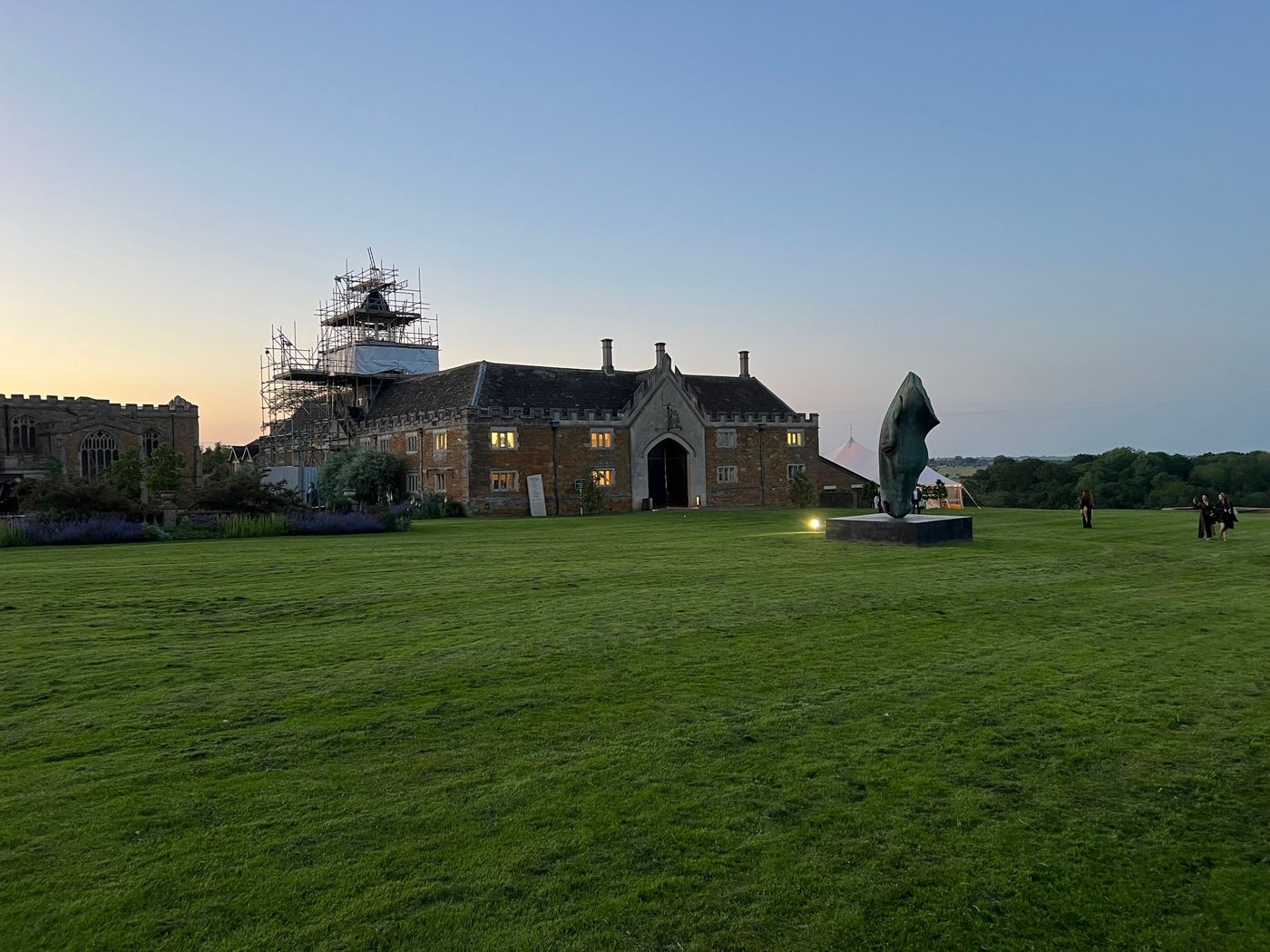
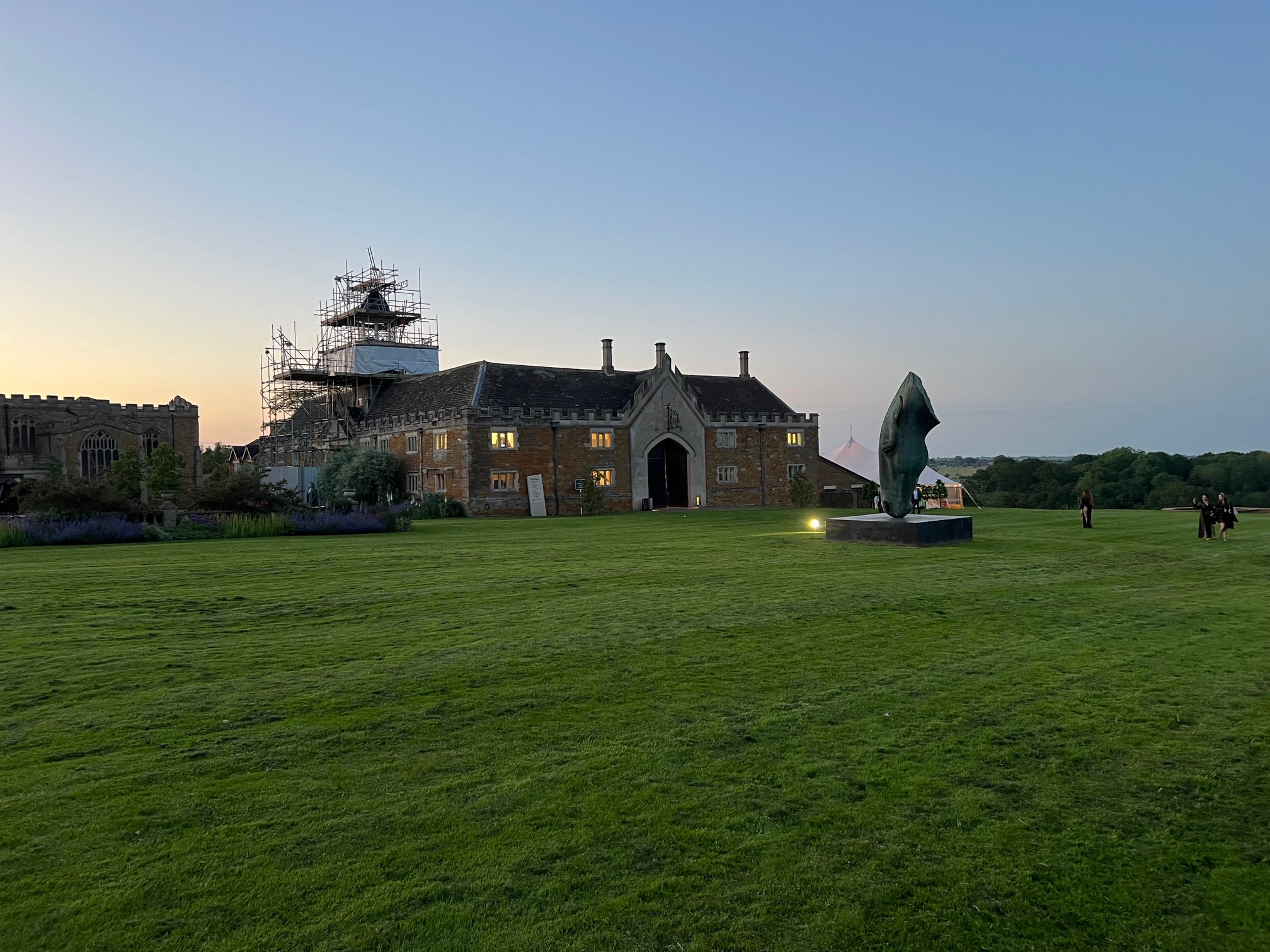


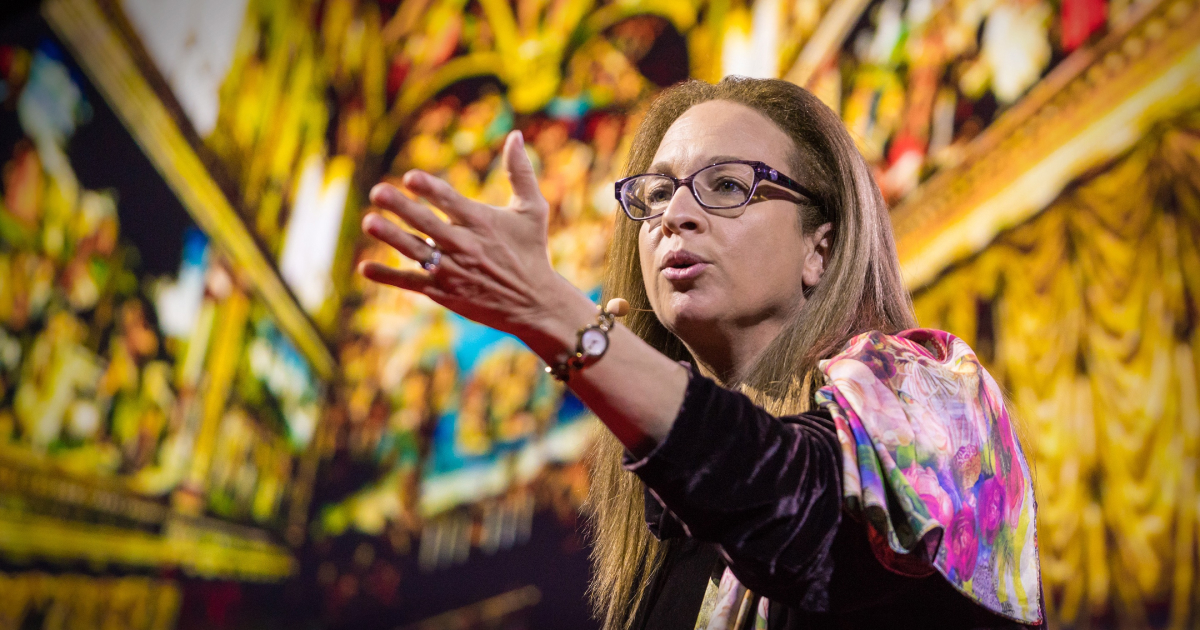
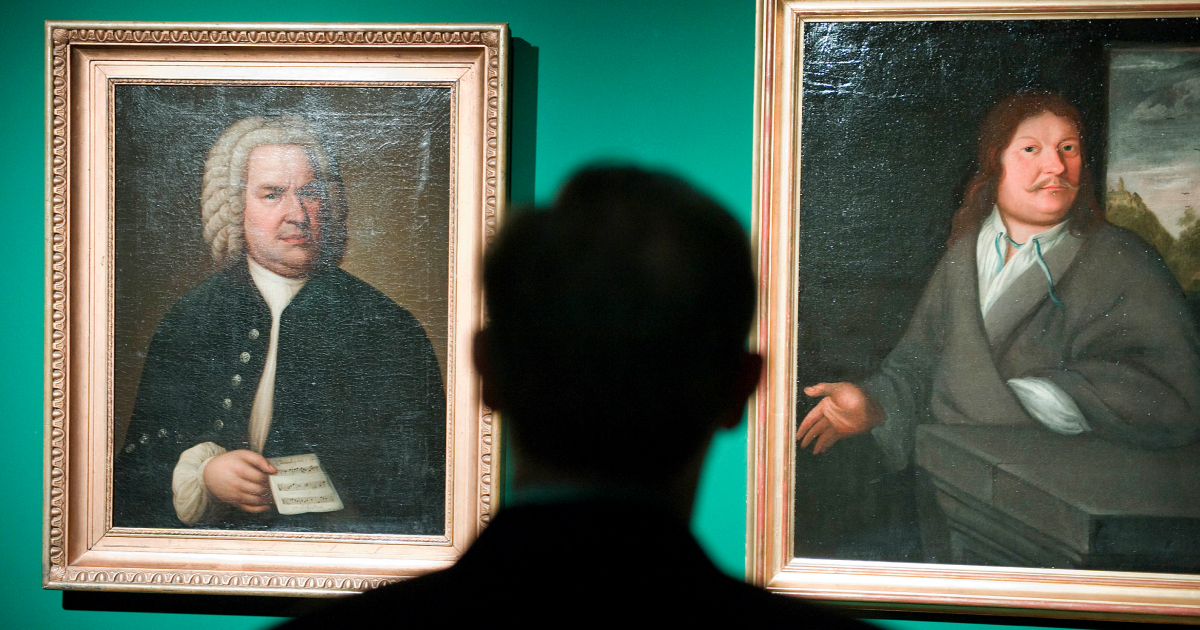
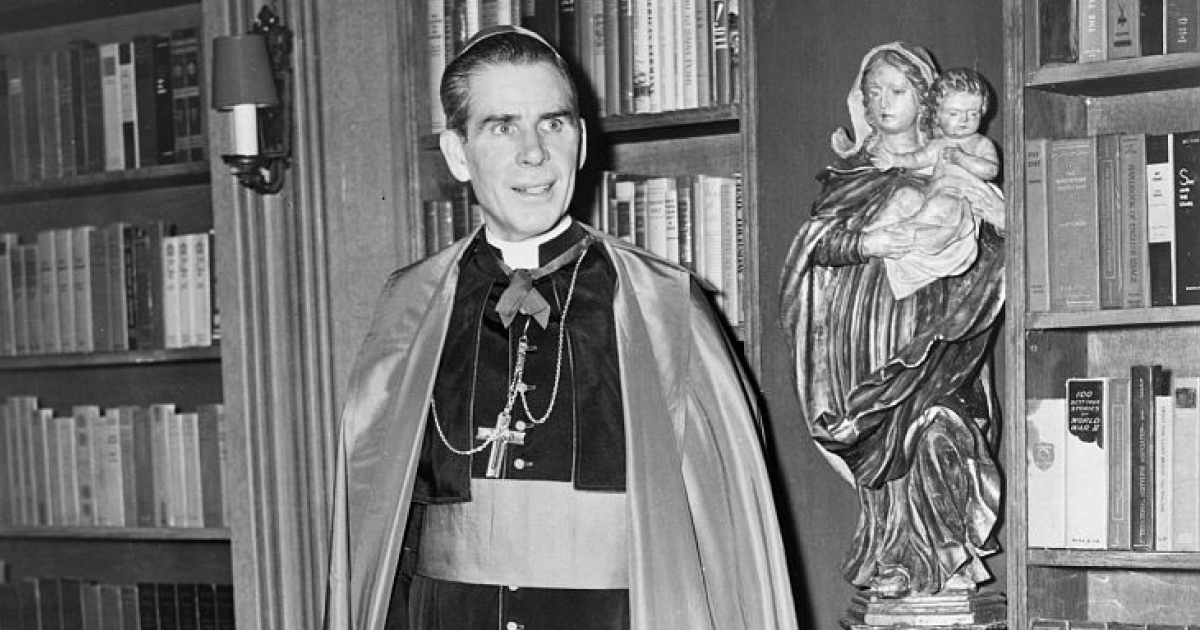
.jpg)

